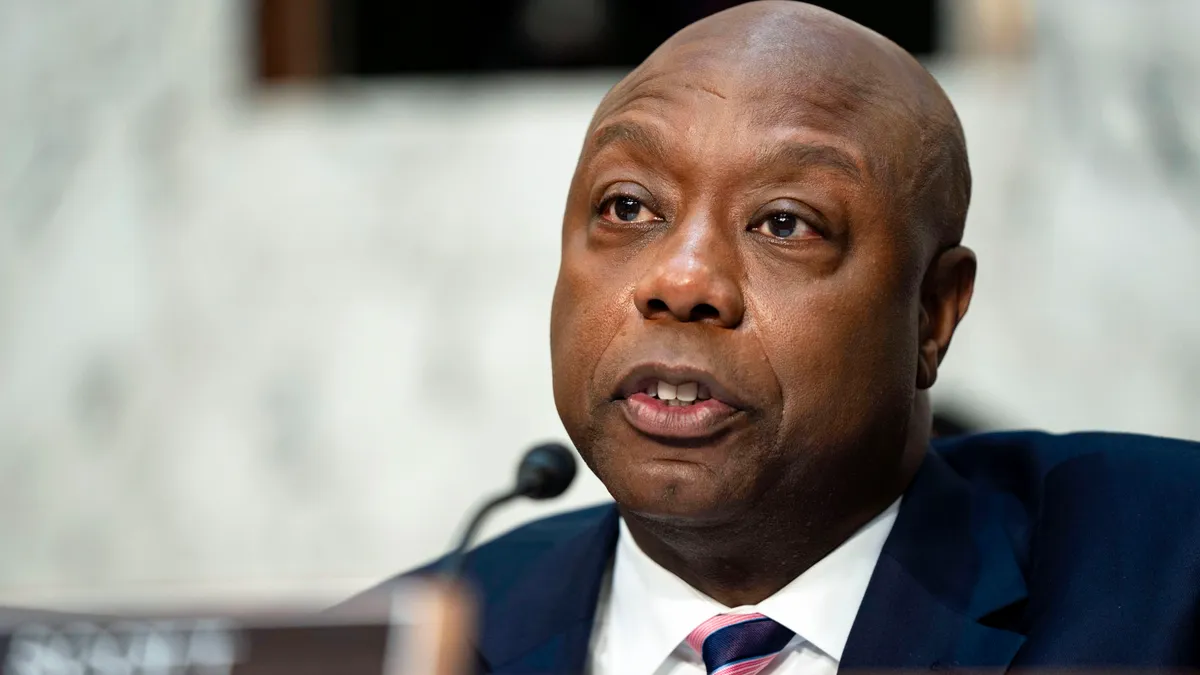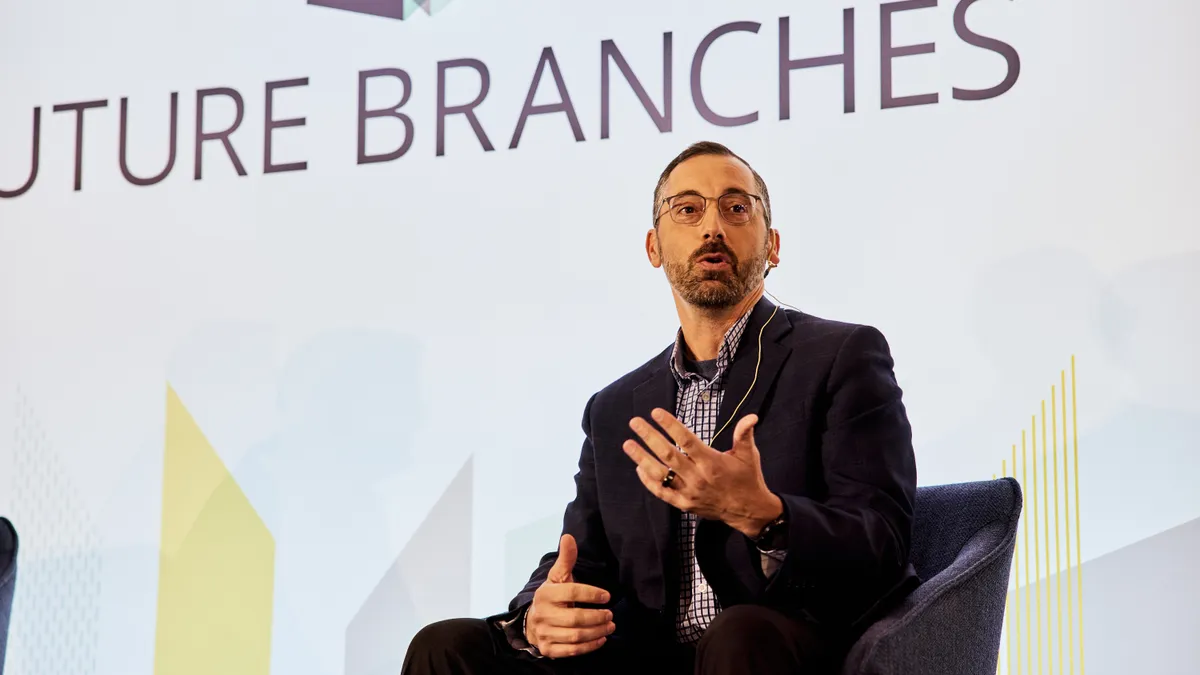The gambling and sports betting industries in the U.S. represent a complicated sector that banks' anti-money laundering and compliance officers must navigate, as the industry operates in a landscape where state and federal laws conflict.
And with the Supreme Court's decision to lift the federal ban on sports betting last year, more states have shown an interest in legalizing the industry.
Thirteen states allow sports betting, according to the American Gaming Association, and another six, plus the District of Columbia, have authorized the practice but are pending a launch date. Four other states are considering legalizing sports betting.
As sports betting becomes more prevalent, banks need to make sure they are educated and aware of the issues and risks associated with serving the sector, several banking and compliance experts said during a panel Tuesday at the American Bankers Association's Financial Crimes Enforcement Conference.
"You don't need to be aware of all of the intricacies and requirements that each state places on their sports betting or sports gambling regimes, but you need to be confident that your client has a compliance program and a compliance officer," said Dan Kim, assistant general counsel for global financial crimes at JPMorgan Chase. "How large is their staff? How sophisticated is their technology when it comes to ensuring that all this activity is occurring in the state?"
Kim said it's important to ensure that clients have the right geolocation technology so their transactions are occurring in states where sports betting is legal.
The geolocation question can help financial institutions gauge whether a site visit is appropriate, Kim said. And that visit presents a valuable opportunity for American Gaming Association members, said Elizabeth Cronan, the group's senior director of gaming policy.
"When [members] can bring their banking partners to their site for a tour of their mitigation controls around potential areas of risk, it allows their banking partners to meet the staff who are on the front lines of these issues," she said. "It also allows them to see the type of technology and transaction monitoring that they are doing."
Nicholas Piccininni, Wells Fargo's Bank Secrecy Act officer for financial crimes risk management, said it's critical for financial institutions that plan to be active in the space to have a dedicated team with expertise in gambling and sports betting.
"At Wells Fargo, we have a team that is really familiar with what a gaming customer looks like," he said. "What kind of transactions should we expect? What kind of questions should we ask? When should we perform a site visit and what kind of activities are normal?"














